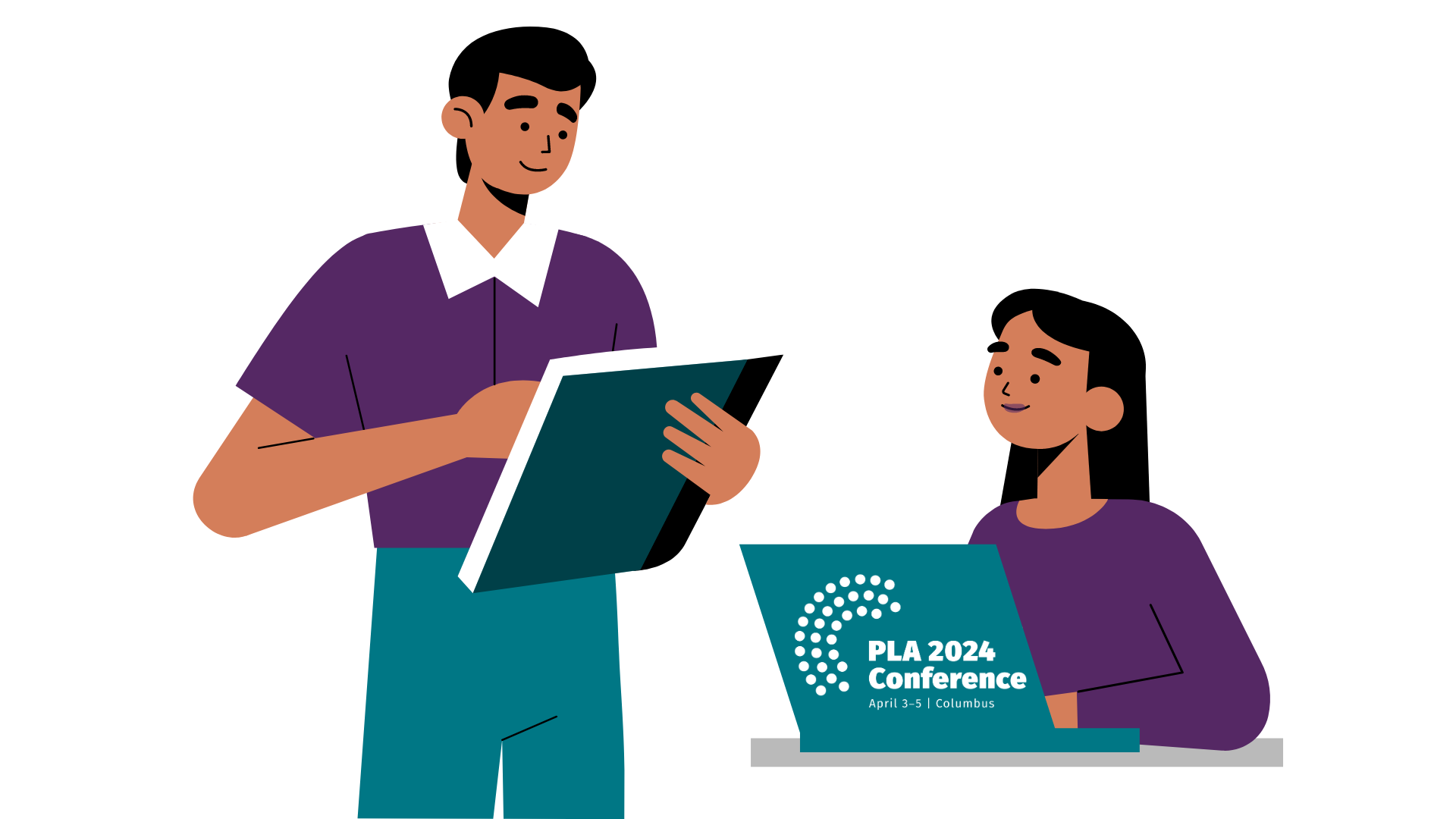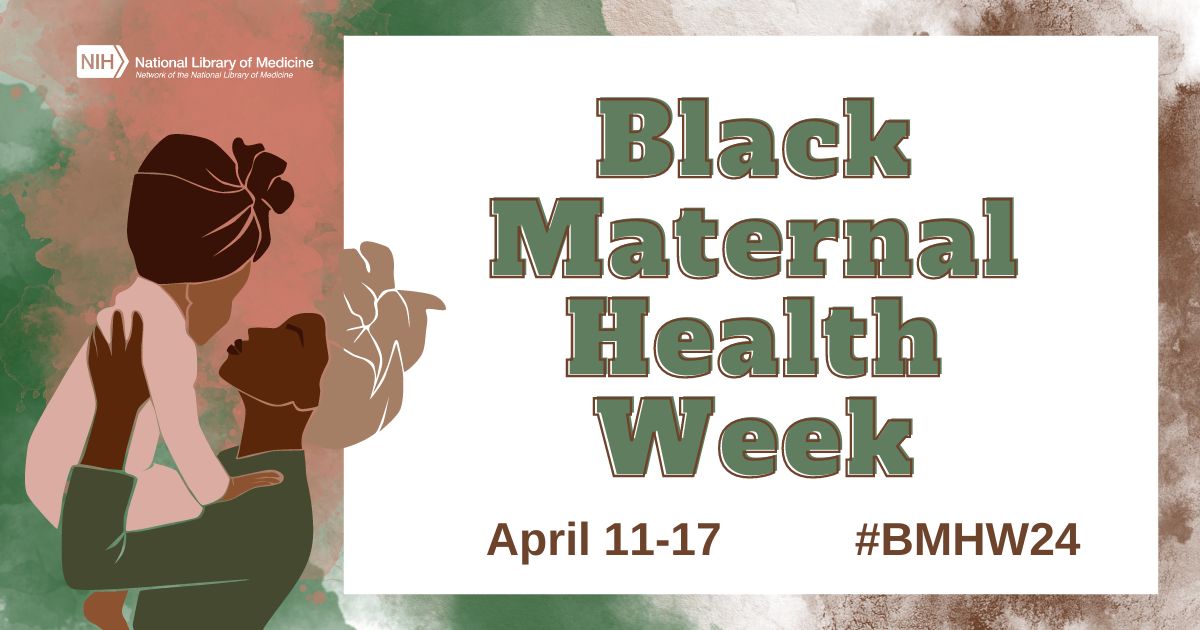The Library War Service

World War I, the Great War, was a war of attrition fought across much of Europe. This war came to a virtual standstill due to mechanization and the introduction of the machine gun. No man’s land became a common term and trench warfare became a life for soldiers who were stuck in the muck and death of those trenches. Among all the carnage and destruction, however, books provided soldiers a sense of small relief and accompanied them when the trenches seemed so lonely.
According to an American Libraries Magazine article, “The American Library Association (ALA) established the Library War Service in 1917 to provide books and library services to soldiers and sailors both in training at home and serving in Europe.”[1] Reading was one of the only ways many soldiers could escape the horrors of war that was all around them. Many soldiers found a deep appreciation for the books that reached them in Europe.
It is no secret that reading is beneficial for a variety of reasons. It stimulates the brain and provides muscle to your memory; most importantly, reading can melt away stress: “Snuggling up with a good read tamps down levels of unhealthy stress hormones such as cortisol. In a British study, participants engaged in an anxiety-provoking activity and then either read for a few minutes, listened to music, or played video games. The stress levels of those who read dropped 67 percent, which was a more significant dip than that of the other groups.”[2] At war, soldiers felt alone, scared, anxious, and their morale was low due to an almost certain death that awaited them. Librarians across the world knew morale was low, so they sprang to action.
A 2004 Florida Libraries article celebrates librarians’ initiative in World War I: “During the war, librarians reaffirmed their belief in the book as a powerful determinant of human intellect and behavior. This faith in the power of print was pervasive: reading produced a contented, efficient army; reading advanced the cause of better citizenship; and reading hastened medical recuperation.”[3] The soldiers found as much solace in a good book as they did receiving mail from their loved ones back home. Whether momentary or lengthy comfort, it was comfort nonetheless. Participating librarians stood up to ensure their soldiers had books they could cling to in moments of doubt and disbelief, granting them a reprieve to boost morale was of the utmost importance for the soldier and for the world.
A whopping total 8.5 million soldiers on both sides died during World War I. Librarians could not prevent death, but they sure did their best to ensure soldiers on the front lines found some happiness in between the pages of a book. Had it not been for the American Library Association and other organizations that stepped up to provide soldiers with reading material, the morale of the allied forces would have been in a critical state. “ALA’s participation in the nation’s World War I effort served as a capstone to the public library movement that was made possible during the previous 20 years because of the philanthropy of Andrew Carnegie and other benefactors, as well as the professional practices ALA had fostered and libraries had adopted. Combined, they all helped to make the public library an essential institution in local American communities, a position it has never relinquished.”[4] During World War II, public libraries once again proved they were effective in boosting soldier morale when they shipped off millions of Armed Services Editions (ASEs) paperback books to Europe. If there is ever a time to and a place to prove the need of a public library, this article is a nice place to start.
References:
[1] Wayne A. Wiegand, “The Library War Service: ALA’s book campaigns in World War I,” American Libraries Magazine, February 18, 2016.
[2] Lauren Gelman. “Benefits of Reading: Getting Smart, Thin, Healthy, Happy,” Reader’s Digest, accessed March 3, 2016.
[3] Kathy L. Souers, “The Library and the Community it Serves in Times of War: Everything Old is New Again,” Florida Libraries 47, no.2 (Fall 2004): 16–19, accessed March 3, 2016.
[4] Wayne A. Wiegand, “The Library War Service: ALA’s book campaigns in World War I,” American Libraries Magazine, February 18, 2016.
Tags: library services, military patrons, war








